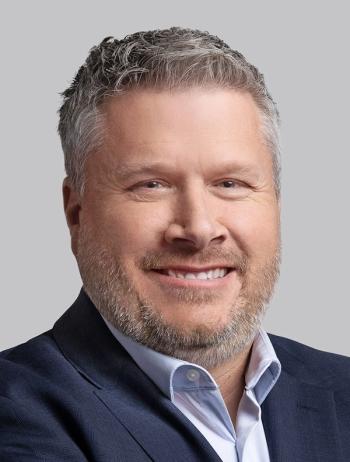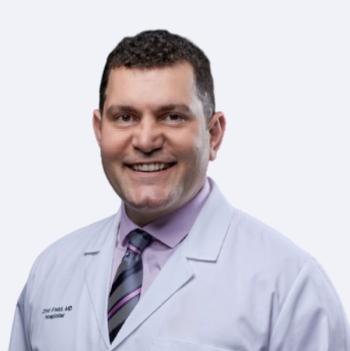
Shining a Mirror on Gripes
Although it is the most fundamental of all things that physicians do, communicating has never been a teaching priority in medical school. The result is that we blame patients for our own deficiencies.
As I was reading through the physician quotes in the recent Medical Economics article, “
RELATED:
Looking inward for solutions to these conflicts, though, has led me to experience more meaningful relationships with the very patients who I once shared these negative thoughts about, along with much greater joy and reward in my practice.
This breakthrough has come about through focused work on relationship-centered communication skills, and seeking opportunities to be observed and mentored by astute colleagues.
Although it is the most fundamental of all things that physicians do, communicating has never been a teaching priority in medical school. The result is that we blame patients for our own deficiencies. The gripes seem to fall into some general categories, and I have some thoughts to share about each.
One set of gripes focused on requests for inappropriate prescriptions or tests. For many of us, the temptation is to shoot down the request with a barrage of facts, which rarely works and often increases the tension in the room. I have been much more successful when I first ask the patient why he thinks this is necessary. What often follows is a story that reveals his fears, concerns and level of understanding, which allows me to address the request with empathy and facts customized to his specific worries.
Non-compliance is another thorn in our collective side. This may be due to poor health literacy, but it is easier to just assume patients don’t care.
The use of simple, jargon-free explanation, motivational interviewing and teach-back have been shown to substantially improve adherence. It requires a little more effort, but some of this can be delegated to other members of the care team, encouraging them to be more engaged and work at the top of their licenses. The payoff for patients can be great, and our frustration barometer can take a big drop.
Rude and entitled behavior may stem from feeling unheard or dismissed, and acknowledging feelings is much more effective than defensiveness. People are often not in their most agreeable state of mind at the doctor’s office-it is rarely a place where anyone wants to be.
RELATED READING:
Physical symptoms, along with a bundle of fears, worries and concerns can do a pretty good job of shutting down reason-most of us have probably been there at one time or another. Going nose to nose with patients who are acting-out is unlikely to lead to a healing place. Some patients may even react to this power struggle by assuming a more passive role in an attempt to be a “good patient,” which can limit the honest history we have to work with.
Managing expectations and setting agendas can do wonders to make visits productive and less stressful for both physician and patient. Allowing patients to present their list of concerns without interruption, and then negotiating a reasonable goal for the visit has worked very well for my patients and me and, surprisingly, doesn’t seem to lengthen the visit.
Late arrivals and no-shows are disruptive, yet many times is not intentionally disrespectful. It makes sense to give patients the benefit of the doubt, and then address those with multiple no-shows separately.
FURTHER READING:
Resorting to Facebook or Google to self-diagnose is often anxiety driven; when explored, it can reveal fears that patients need to have acknowledged in order to feel fully cared for. This may be symptomatic of an office access issue as well. Replacing cynicism with empathy can be very liberating for physicians and highly satisfying for our patients.
This not to say that we should never allow ourselves to feel frustrated. Sometimes our buttons get pushed despite best efforts and we should feel safe seeking support from colleagues.
System issues are also a large contributor to physician burnout and need to be addressed by creative leaders of care teams. When tempted to gripe, I try to imagine how difficult it is to be reasonable when ill or suffering, and then remind myself of why I got into this profession in the first place-to care.
Newsletter
Stay informed and empowered with Medical Economics enewsletter, delivering expert insights, financial strategies, practice management tips and technology trends — tailored for today’s physicians.






